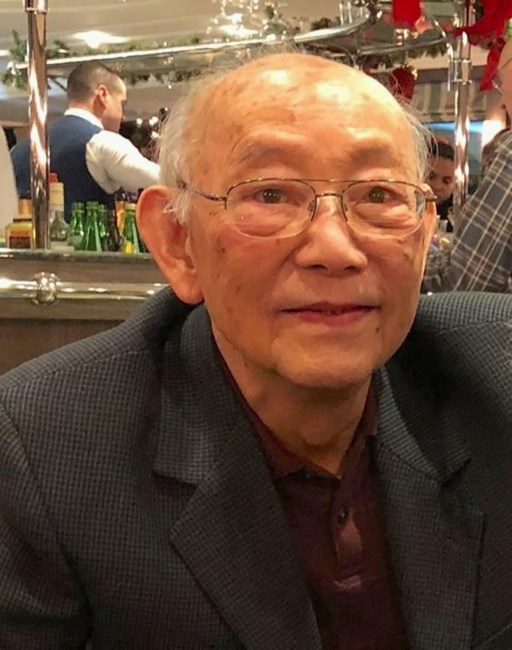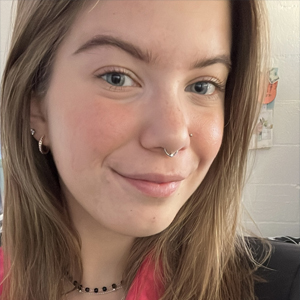In memoriam: Herbert Cheung
Herbert Cheung, a biochemist who specialized in the use of fluorescence technology, died March 28 in his Birmingham, Alabama, home. He had Alzheimer’s disease. He was 93 years old and had been a member of the American Society for Biochemistry and Molecular Biology since 1972.

Cheung was born Dec. 19, 1931, in Canton, China. According to his UAB obituary, Cheung said he believed for most of his life that he was born in 1933 and, upon discovering his earlier birthdate, claimed that he had become two years wiser.
Cheung’s family moved to Hong Kong to avoid the war between China and Japan, and in 1950 he struck out on his own, moving to the U.S. for college. In 1954, he graduated with a B.A. in chemistry and physics from Rutgers University. He received an M.S. from Cornell in 1956, followed by a Ph.D. in physical chemistry with a minor in physics from Rutgers. He completed a postdoctoral fellowship at the University of San Francisco before accepting a position at the University of Alabama at Birmingham, where he remained until his retirement in 2006.
Throughout his career, Cheung’s research interests focused on the mechanistic function of skeletal and cardiac muscle, specifically, using fluorescence resonance energy transfer, commonly abbreviated as FRET. Different from light microscopy, which focuses on the structural orientation and function of cells, FRET can identify protein interactions and formation of macromolecular complexes that are required for biological processes to occur inside the cell. It uses molecular dipole–dipole coupling to cause fluorescent transfer from a donor protein to an acceptor protein. Herbert’s lab often used FRET to observe regulatory proteins of cardiac muscle.
In addition to teaching and research at the university, Cheung served on the editorial board for the Journal of Fluorescence from 1996 to 2000, and he was on the scientific advisory committee for the Center for Fluorescence Spectroscopy at the University of Maryland School of Medicine from 2000 to 2004 and served as the chair of the committee from 2003 to 2008. He contributed to the National Institutes of Health Minority Access to Research Careers program, and had visiting professorships at the University of Puerto Rico in 1982, Dillard University in 1986 and Meharry Medical College in 1988.
While he was a Ph.D. student, Cheung met Daisy S. Lee, a medical doctor, and the two were married in 1966. Daisy Cheung died on January 26, just two months before her husband.
Herbert Cheung is survived by two daughters, Sharon Cheung and Melissa Cheung and husband Chris Kern; and two grandchildren, Eli Vielguth and Audrey Vielguth.
Enjoy reading ASBMB Today?
Become a member to receive the print edition four times a year and the digital edition monthly.
Learn moreGet the latest from ASBMB Today
Enter your email address, and we’ll send you a weekly email with recent articles, interviews and more.
Latest in People
People highlights or most popular articles

2026 ASBMB election results
Meet the new Council members and Nominating Committee member.

Simcox wins SACNAS mentorship award
She was recognized for her sustained excellence in mentorship and was honored at SACNAS’ 2025 National Conference.

From humble beginnings to unlocking lysosomal secrets
Monther Abu–Remaileh will receive the ASBMB’s 2026 Walter A. Shaw Young Investigator Award in Lipid Research at the ASBMB Annual Meeting, March 7-10 in Washington, D.C.

Chemistry meets biology to thwart parasites
Margaret Phillips will receive the Alice and C. C. Wang Award in Molecular Parasitology at the ASBMB Annual Meeting, March 7-10 in Washington, D.C.

ASBMB announces 2026 JBC/Tabor awardees
The seven awardees are first authors of outstanding papers published in 2025 in the Journal of Biological Chemistry.

Decoding how bacteria flip host’s molecular switches
Kim Orth will receive the Earl and Thressa Stadtman Distinguished Scientists Award at the ASBMB Annual Meeting, March 7–10, just outside of Washington, D.C.

